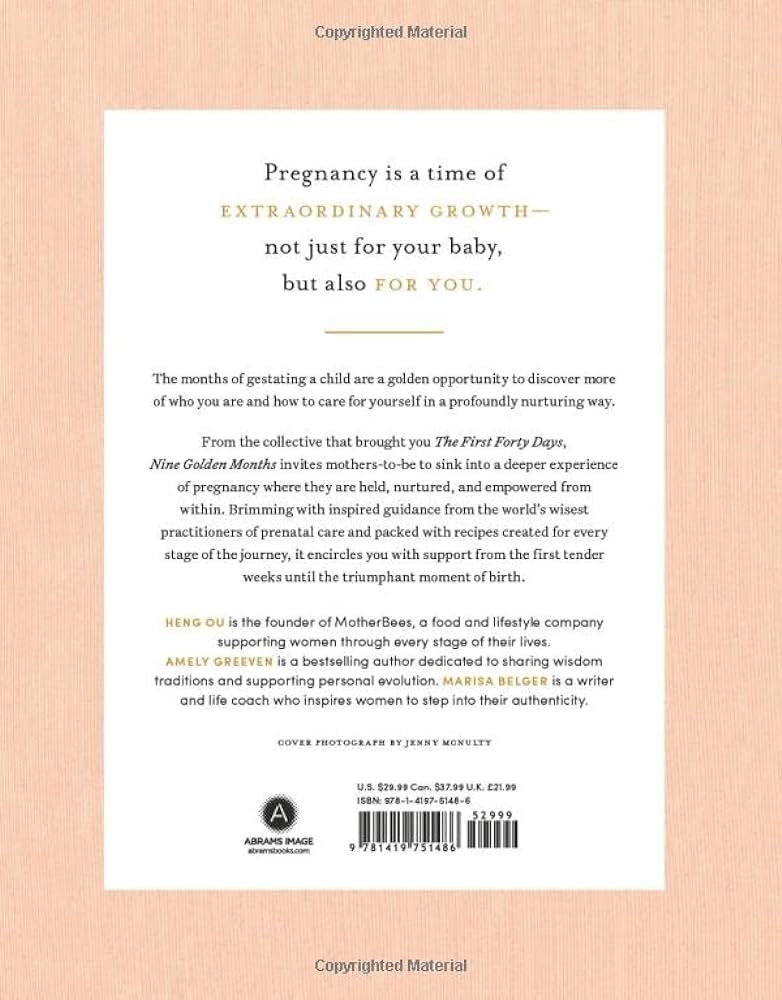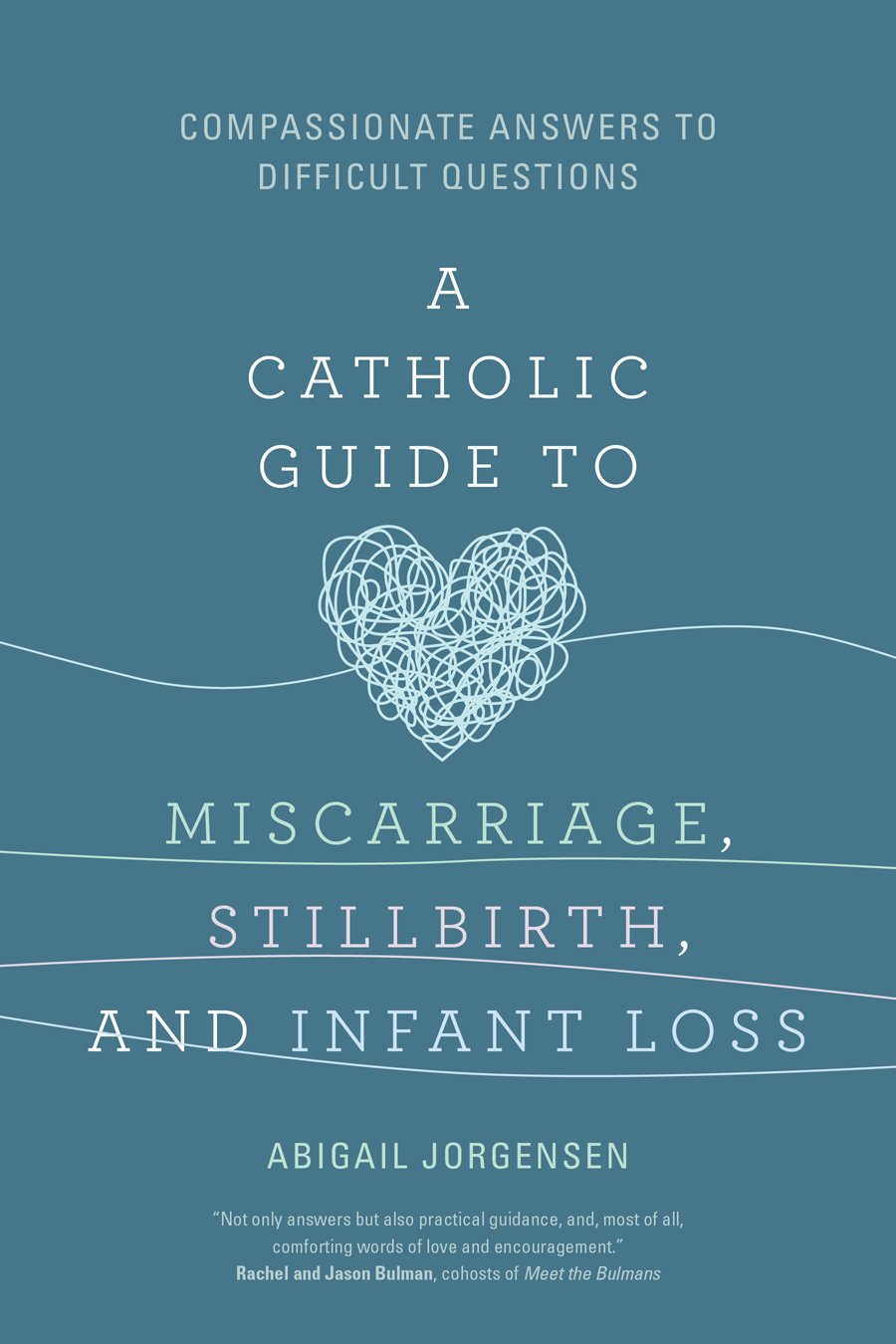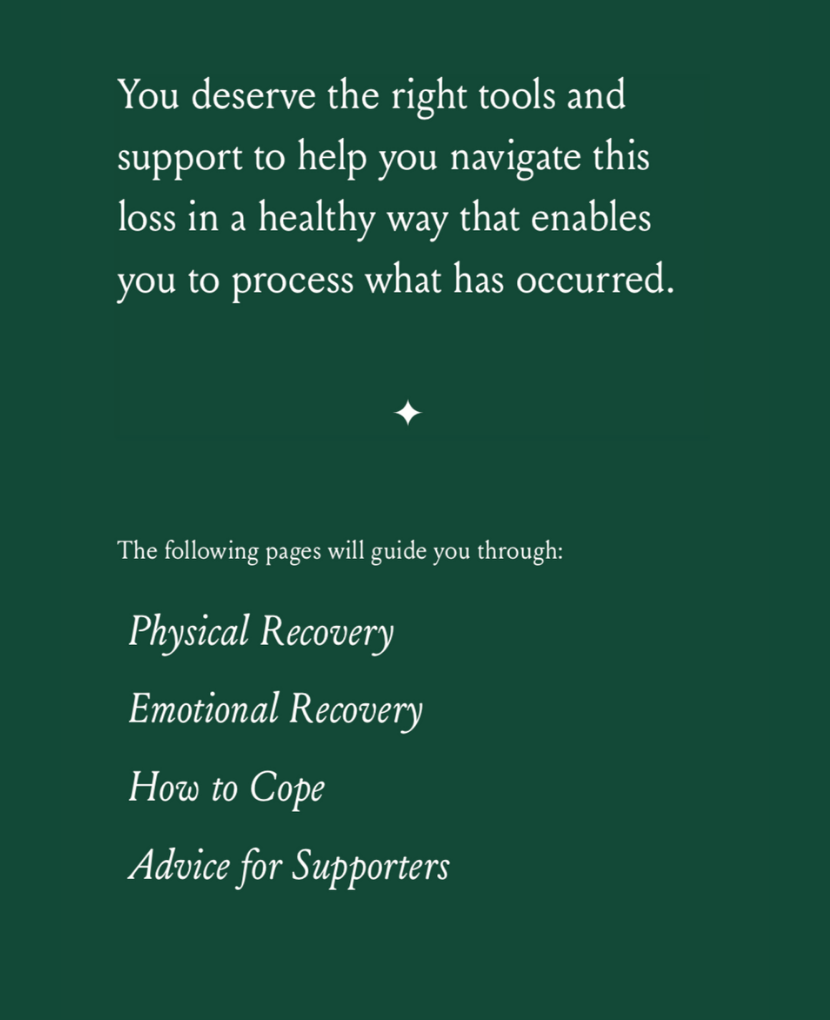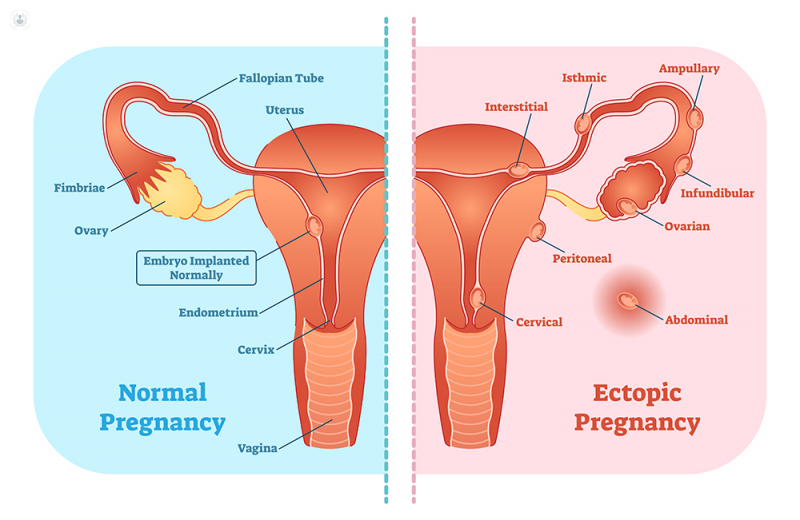A miscarriage cannot be fixed; it is a natural event that occurs when a pregnancy is not viable. Medical attention is vital to manage the physical aspects and ensure the woman’s health. Fix a Miscarriage.
Experiencing a miscarriage can be emotionally devastating and physically challenging. It’s a common complication, with estimates suggesting that about 10-20% of known pregnancies end in miscarriage, typically within the first trimester. When faced with the signs of a miscarriage, such as bleeding, cramping, or the passing of tissue, it is crucial to seek immediate medical assistance.
Doctors can offer the necessary support and interventions, such as a dilation and curettage (D&C) or medication if needed, to manage the condition and prevent complications. Coping with the aftermath requires both physical care and emotional support, as it can be a deeply sorrowful time for the woman and her family. Regular follow-ups with healthcare professionals are recommended to ensure full recovery and provide guidance on planning for future pregnancies.
The Emotional Impact Of Miscarriage
Understanding miscarriage is crucial for healing. Yet, the emotional roller coaster that follows can feel overwhelming. Amidst the physical recovery, the heartache and sorrow that accompany this loss are profound and deeply personal. It’s important to address the grief and acknowledge the pain in the journey towards healing. Let’s talk about recognizing and validating this difficult experience.
Recognizing The Grief
Grief after a miscarriage is real and can be intense. It differs for everyone. Some common feelings include:
- Shock and confusion – It takes time to process what has happened.
- Sadness and yearning – A feeling of emptiness may follow, with intense longing.
- Guilt and anger – These are natural reactions, though often misplaced.
It’s vital to give yourself time to mourn. Grief doesn’t run on a schedule. Everyone needs their own pace to find peace.
Validating The Loss
One key step is to accept the validity of your loss. Miscarriage is a profound event and your emotions are justified. Practical steps for validation include:
- Honor your grief. Acknowledge that your feelings are important.
- Talk about your miscarriage with loved ones. Sharing helps.
- Consider a ritual or memorial. This act can provide closure.
Remember, healing doesn’t mean forgetting. It means cherishing memories while moving forward with hope.

Credit: www.amazon.com
Physical Healing Post-miscarriage
The journey of healing after a miscarriage is both emotional and physical. Recovery requires time, care, and often, medical support. The importance of physical healing can’t be overemphasized. It’s essential to ensure that your body recovers healthily, reducing the risk of complications and preparing for the future.
Medical Follow-up And Treatment
Post-miscarriage, the body needs careful monitoring. Doctors typically recommend a follow-up exam to ensure that your recovery is proceeding well. Here’s a concise list of actions you might expect:
- Doctor Visits: Regular appointments to monitor healing.
- Ultrasound Scans: To confirm the uterus is clear of tissue.
- Blood Tests: To check hormone levels return to pre-pregnancy state.
For incomplete miscarriages, medical procedures such as a D&C (Dilation and Curettage) might be necessary. Always defer to a healthcare professional’s advice. Make sure to discuss any ongoing symptoms or concerns.
Natural Remedies And Self-care
The body has a remarkable ability to heal itself with proper support. Natural remedies and self-care practices can complement the physical healing process.
| Remedy | Benefits |
|---|---|
| Adequate Rest | Supports overall healing and restoration of energy. |
| Healthy Diet | Provides essential nutrients for repair and recovery. |
| Gentle Exercise | Promotes blood circulation and emotional well-being. |
Hydration is also key; aim for 8-10 glasses of water daily. Warm baths may soothe cramps, while heat pads can alleviate pain.
Focus on self-care: engage in activities that bring joy and comfort. Allow the body and mind the time they need to recuperate. Remember, each person’s body is different. What works for one may not work for another. It’s crucial to listen to your body and respond to its needs patiently.
Navigating The Recovery Process
Navigating the recovery process after a miscarriage is a deeply personal journey. The body and mind need time to heal. Understanding the steps to support physical recovery is crucial. This blog post aims to guide those who are facing this challenging time and provide compassionate advice to help along the way.
Rest And Recuperation
After a miscarriage, allow the body to rest is of utmost importance. Focus on getting enough sleep and avoid overexerting yourself. Your body has been through a traumatic event and needs time to recover. Create a serene, comfortable space in your home where you can relax undisturbed.
- Limit physical activity for the first few weeks.
- Take short, gentle walks to promote circulation when ready.
- Ensure you have a strong support system to help with daily tasks.
Nutrition For Healing
Eating nutrient-rich foods is essential for healing after a miscarriage. Your body needs vitamins and minerals to repair and rebuild. Focus on balanced meals that include plenty of fruits, vegetables, lean proteins, and whole grains.
| Vitamin/Mineral | Food Source |
|---|---|
| Iron | Red meat, spinach, lentils |
| Vitamin C | Oranges, strawberries, bell peppers |
| Calcium | Dairy products, almonds, kale |
| Omega-3 Fatty Acids | Salmon, flaxseeds, walnuts |
Stay hydrated by drinking plenty of water throughout the day. It’s also beneficial to limit caffeine and avoid alcohol as your body is in healing mode.
Mental And Emotional Support Systems
Coping with a miscarriage is heart-wrenching. Healing is not only physical but also mental and emotional. Support systems play a crucial role in recovery. They provide comfort and understanding during this hard time. Let’s explore different forms of support available.
Professional Counseling
Seeking professional help is a positive step towards healing. Counselors specialize in grief and can help navigate complex emotions. They create a safe space for expressing feelings. Counseling may include individual or couple sessions.
- Express feelings without judgment
- Learn coping mechanisms
- Rebuild strength and hope
Support Groups And Online Communities
Meeting others who have experienced a miscarriage reduces feelings of isolation. Support groups offer face-to-face interaction. Here, shared experiences foster a sense of community. Online communities are accessible anytime and anywhere, providing constant support.
| Support Type | Benefits |
|---|---|
| Support Groups | Personal connection, shared healing |
| Online Communities | Convenience, wide network |
Rebuilding Hope For The Future
Facing a miscarriage can be a time of deep sadness and confusion. Yet, amid these difficult moments, lays the opportunity for renewal and healing. Shattered expectations turn into a journey towards hope. Nurturing this spark of hope is key in moving forward. The following steps outline how individuals and couples can celebrate cherished memories, honor their loss, and cautiously plan for the future with a new sense of optimism.
Celebrating Memories
Embracing the past plays a critical role in healing. Focus on creating a special space or ritual to remember your baby. Here are some ways to celebrate the memories:
- Create a memory box with mementoes
- Plant a tree or a garden
- Write a letter or a poem
Honoring Loss
It’s important to acknowledge the profound loss felt. Honoring this loss paves the way for recovery and growth. You can honor your miscarriage through:
- Memorial services or candlelight vigils
- Joining support groups for shared experiences
- Keepsake jewelry or artworks
Planning Ahead With Caution And Optimism
Looking to the future requires a balance of caution and hope. Discover ways to plan ahead while caring for your emotional well-being:
- Consult with a healthcare professional for advice
- Schedule regular check-ups
- Practice self-care and mindfulness
Take small steps towards recovery. Allow hope to guide your path to an enduring, loving future.

Credit: www.facebook.com
Considering Future Pregnancy
After experiencing a miscarriage, many couples may consider trying to conceive again. This journey is filled with both hope and caution. It is vital to ensure that the timing is right, both from a medical and emotional standpoint.
Medical Advice On Timing
It is essential to follow guidance from healthcare professionals regarding when to try for another pregnancy. Doctors usually suggest a specific waiting period before attempting to conceive post miscarriage for various reasons:
- Healing: The body needs time to recover.
- Monitoring: Doctors may need to track health markers.
- Cycle regularization: Menstrual cycles should normalize.
Always consult with a doctor to understand the necessary time frame based on personal circumstances.
Emotional Readiness And Resilience
Emotional health is critical when considering a future pregnancy. Each partner may heal differently, and both must feel ready.
- Grief processing: Allow time to mourn the loss.
- Support systems: Lean on loved ones and counselors.
- Stress reduction: Engage in activities that promote well-being.
Resilience builds over time, and mental readiness is a crucial factor in preparing for a new pregnancy. Achieve emotional stability before embarking on this journey.

Credit: aspirefertility.in
Frequently Asked Questions Of How To Fix A Miscarriage
Can You Treat A Miscarriage At Home?
No, a miscarriage is a medical condition that requires professional healthcare. Treating a miscarriage at home is not recommended. Immediate consultation with a healthcare provider is vital for proper care and guidance.
What Are The Signs Of A Miscarriage?
Common signs of a miscarriage include vaginal bleeding, cramping, and pain in the abdomen or lower back. If you experience these symptoms, seeking medical attention is crucial for your health and safety.
How Long Does Recovering From A Miscarriage Take?
Recovery time from a miscarriage can vary. Physically, it may take a few weeks for menstrual cycles to normalize. Emotionally, the healing process can be longer, and support from loved ones or professional counseling may help.
Is A Follow-up Necessary After A Miscarriage?
Yes, follow-up appointments after a miscarriage are important. They help ensure that your body has healed properly and provide an opportunity to discuss any concerns with your healthcare provider.
Conclusion
Dealing with miscarriage is never easy, but with the right steps, healing can begin. Remember to seek medical guidance, allow time for emotional recovery, and find support within your community. By applying the discussed strategies, you give yourself space to mend and move forward.
Never hesitate to consult professionals for help navigating this journey.





